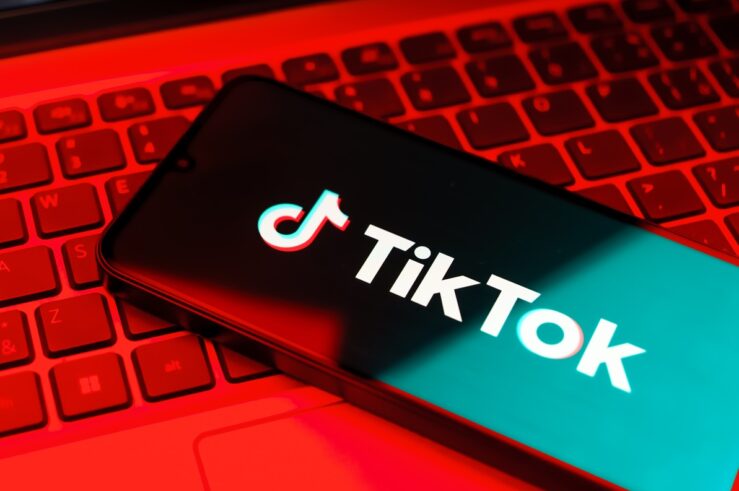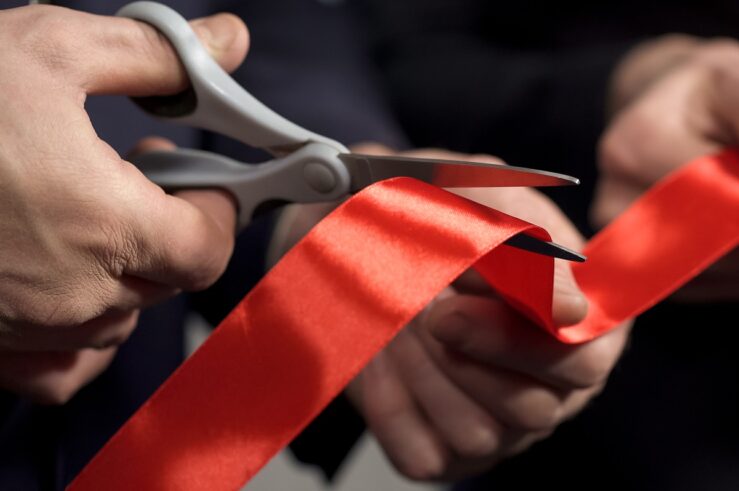
This article is a part of the The Law, Economics, and Policy of the COVID-19 Pandemic symposium.
The pandemic is serious. COVID-19 will overwhelm our hospitals. It might break our entire healthcare system. To keep the number of deaths in the low hundreds of thousands, a study from Imperial College London finds, we will have to shutter much of our economy for months. Small wonder the markets have lost a third of their value in a relentless three-week plunge. Grievous and cruel will be the struggle to come.
“All men of sense will agree,” Hamilton wrote in Federalist No. 70, “in the necessity of an energetic Executive.” In an emergency, certainly, that is largely true. In the midst of this crisis even a staunch libertarian can applaud the government’s efforts to maintain liquidity, and can understand its urge to start dispersing helicopter money. By at least acting like it knows what it’s doing, the state can lessen many citizens’ sense of panic. Some of the emergency measures might even work.
Of course, many of them won’t. Even a trillion-dollar stimulus package might be too small, and too slowly dispersed, to do much good. What’s worse, that pernicious line, “Don’t let a crisis go to waste,” is in the air. Much as price gougers are trying to arbitrage Purell, political gougers, such as Senator Elizabeth Warren, are trying to cram woke diktats into disaster-relief bills. Even now, especially now, it is well to remember that government is not very good at what it does.
But dreams of dirigisme die hard, especially at the New York Times. “During the Great Depression,” Farhad Manjoo writes, “Franklin D. Roosevelt assembled a mighty apparatus to rebuild a broken economy.” Government was great at what it does, in Manjoo’s view, until neoliberalism arrived in the 1980s and ruined everything. “The incompetence we see now is by design. Over the last 40 years, America has been deliberately stripped of governmental expertise.” Manjoo implores us to restore the expansive state of yesteryear—“the sort of government that promised unprecedented achievement, and delivered.”
This is nonsense. Our government is not incompetent because Grover Norquist tried (and mostly failed) to strangle it. Our government is incompetent because, generally speaking, government is incompetent. The keystone of the New Deal, the National Industrial Recovery Act of 1933, was an incoherent mess. Its stated goals were at once to “reduce and relieve unemployment,” “improve standards of labor,” “avoid undue restriction of production,” “induce and maintain united action of labor and management,” “organiz[e] . . . co-operative action among trade groups,” and “otherwise rehabilitate industry.” The law empowered trade groups to create their own “codes of unfair competition,” a privilege they quite predictably used to form anticompetitive cartels.
At no point in American history has the state, with all its “governmental expertise,” been adept at spending money, stimulus or otherwise. A law supplying funds for the Transcontinental Railroad offered to pay builders more for track laid in the mountains, but failed to specify where those mountains begin. Leland Stanford commissioned a study finding that, lo and behold, the Sierra Nevada begins deep in the Sacramento Valley. When “the federal Interior Department initially challenged [his] innovative geology,” reports the historian H.W. Brands, Stanford sent an agent directly to President Lincoln, a politician who “didn’t know much geology” but “preferred to keep his allies happy.” “My pertinacity and Abraham’s faith moved mountains,” the triumphant lobbyist quipped after the meeting.
The supposed golden age of expert government, the time between the rise of FDR and the fall of LBJ, was no better. At the height of the Apollo program, it occurred to a physics professor at Princeton that if there were a small glass reflector on the Moon, scientists could use lasers to calculate the distance between it and Earth with great accuracy. The professor built the reflector for $5,000 and approached the government. NASA loved the idea, but insisted on building the reflector itself. This it proceeded to do, through its standard contracting process, for $3 million.
When the pandemic at last subsides, the government will still be incapable of setting prices, predicting industry trends, or adjusting to changed circumstances. What F.A. Hayek called the knowledge problem—the fact that useful information is dispersed throughout society—will be as entrenched and insurmountable as ever. Innovation will still have to come, if it is to come at all, overwhelmingly from extensive, vigorous, undirected trial and error in the private sector.
When New York Times columnists are not pining for the great government of the past, they are surmising that widespread trauma will bring about the great government of the future. “The outbreak,” Jamelle Bouie proposes in an article entitled “The Era of Small Government is Over,” has “made our mutual interdependence clear. This, in turn, has made it a powerful, real-life argument for the broadest forms of social insurance.” The pandemic is “an opportunity,” Bouie declares, to “embrace direct state action as a powerful tool.”
It’s a bit rich for someone to write about the coming sense of “mutual interdependence” in the pages of a publication so devoted to sowing grievance and discord. The New York Times is a totem of our divisions. When one of its progressive columnists uses the word “unity,” what he means is “submission to my goals.”
In any event, disunity in America is not a new, or even necessarily a bad, thing. We are a fractious, almost ungovernable people. The colonists rebelled against the British government because they didn’t want to pay it back for defending them from the French during the Seven Years’ War. When Hamilton, champion of the “energetic Executive,” pushed through a duty on liquor, the frontier settlers of western Pennsylvania tarred and feathered the tax collectors. In the Astor Place Riot of 1849, dozens of New Yorkers died in a brawl over which of two men was the better Shakespearean actor. Americans are not housetrained.
True enough, if the virus takes us to the kind of depths not seen in these parts since the Great Depression, all bets are off. Short of that, however, no one should lightly assume that Americans will long tolerate a statist revolution imposed on their fears. And thank goodness for that. Our unruliness, our unwillingness to do what we’re told, is part of what makes our society so dynamic and prosperous.
COVID-19 will shake the world. When it has gone, a new scene will open. We can say very little now about what is going to change. But we can hope that Americans will remain a creative, opinionated, fiercely independent lot. And we can be confident that, come what may, planned administration will remain a source of problems, while unplanned free enterprise will remain the surest source of solutions.




